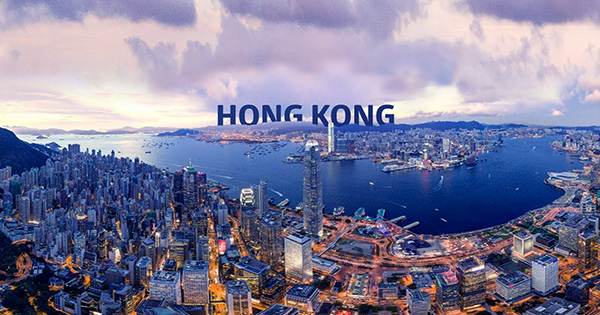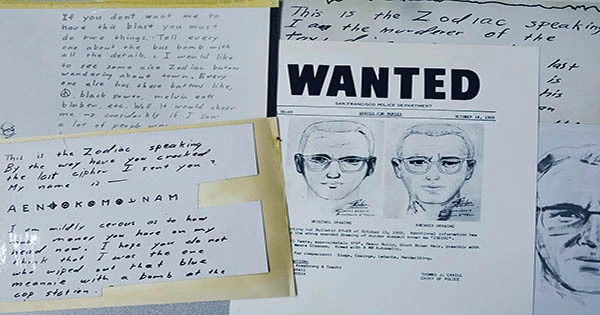HONG KONG: Opposition to the National Security Bill near Hong Kong in 2003 escalated the annual July 1 protests in front of millions of protesters.
A few months later, the Hong Kong government repealed the law and the idea remained dormant for more than 15 years.
Then last year Beijing’s central government made it a surprise: a national security law that it quickly enacted and imposed on the semi-autonomous city. It takes effect on the eve of July.
Hong Kong authorities in a public meeting to ban the law and Covid-19 to prevent large protests, the organizer of the annual walk said he would not try an event this year; three small groups asked the police for permission to do so, but they refused.
July 1 was a glorious day in the eyes of the Chinese Communist Party, marking the date of Britain’s return to Hong Kong from China in 1997. Protests that day took many forms over the years, as public accusations against the government grew. I drowned.
The 2019 protests were big. Thousands marched against the proposal, which would allow the transfer of suspected criminals to mainland China to face trial. On the same day, a group of radical protesters attacked and attacked the legislature.
Thousands of people took to the streets last year, although police refused to allow any processions and the safety law came into force a few hours ago. Some set fires and tore down masonry from the sidewalk and spread it on the streets. Police have arrested several people, including the first 10 under the new security law. President Trump has threatened to cancel Hong Kong’s special trade position and increased pressure on Beijing. What is the risk to the people of Hong Kong and the two largest powers in the world if Hong Kong loses its autonomy? In January, just before the coronavirus spread worldwide, EGF traveled to Hong Kong to find out.
After months of protesting against China’s rights, it once promised the people of Hong Kong that pro-democracy activists are now facing their biggest fight against mainland China since the 1990s. China only gave legal power to crush dissent. We spoke to two young activists inside the pro-democracy movement in Hong Kong. Wilfred Chan and Joshua Wang provide different – and interesting – perspectives on Hong Kong’s political struggles, especially when it comes to America’s role in supporting the pro-democracy movement. Should Hong Kong ask for something from the western countries? And, does American support strengthen or undermine the legitimacy of the Hong Kong movement?
















